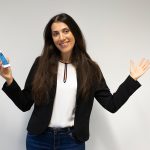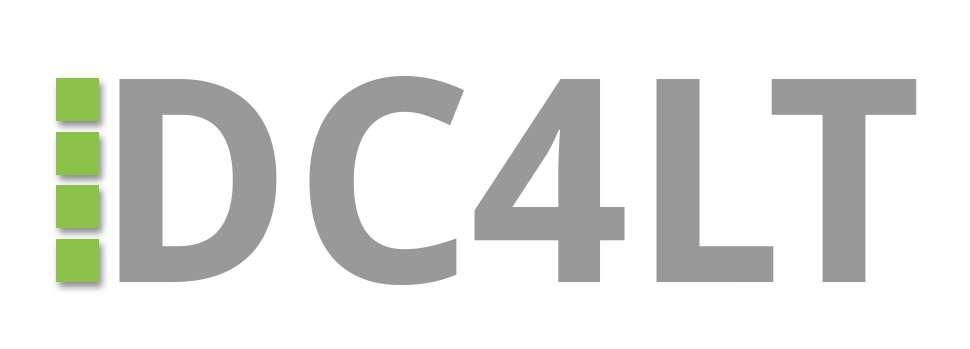This is an open webinar. Zoom link will be published here.
Open Education Practices in CALL
Webinars
DC4LT webinar series 2: The workshop is scheduled for 07 October 2021 at 11:00 Central European Summer Time. Full program >>
The session will be open to everyone. However, registration is required to participate in the practical webinars. Registration >>
No upcoming webinars yet on this topic…
Instructors

Maria Perifanou
University of Macedonia, Greece

Mikhail Fominykh
Norwegian University of Science and Technology, Norway
Recording
Summary
This workshop aims at promoting the creation of practical language teaching scenarios which will make use of a variety of technologies. The participants’ artifacts will be shared as OERs to a wider teachers’ OER community with the aim to be used as valuable teaching practices for language teachers.
The training session consists of two parts:
- In the first part, the participants will be briefly introduced to the theory of OERs & OEPs. For more information, you should check the material of OERs in Language Education: From Theory to Practice.
- In the second part, the participants will be invited first to create their own language teaching CALL scenarios by filling in a specific form. The proposed OERs that will be created by the participants will address the different linguistic and intercultural needs of their students. Then, all the scenarios will be shared as OER to a specific OER platform by the participants.
- The session will conclude with the presentation of the artifacts produced by each group or participant and the final overview.
Learning Objectives
- learn how to create and share language OERs
- learn how to create a short language teaching scenario for CALL
- learn how to work in collaboration online
Tools
- Zoom at the webinar
- Google forms for the pre-activity & post-activity
- Google Docs (group work)
- OER commons platform
- Open Educational Practice Template for Computer-Assisted Language Learning by DC4LT
- Inventory of ICT tools and open educational resources by the European Centre for Modern Languages of the Council of Europe – ECML


